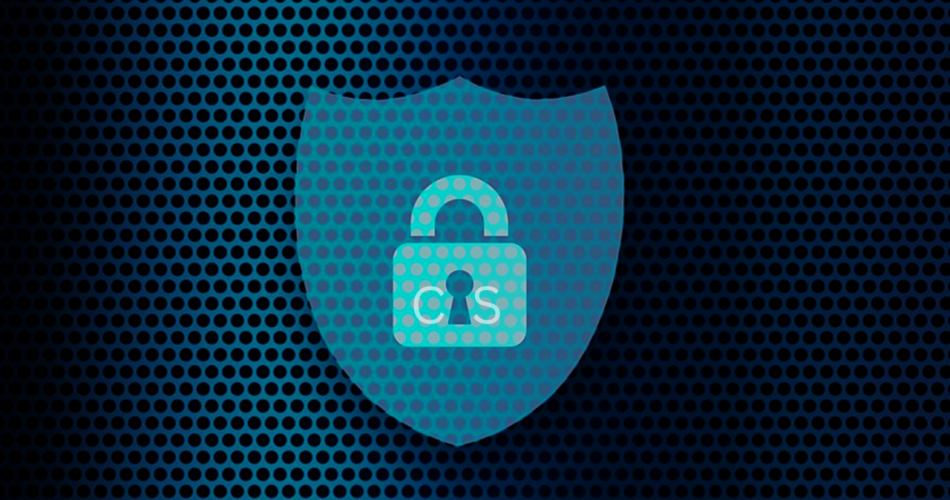What is Cybersecurity? Cybersecurity is a huge problem for the world. It has become a global issue with consequences for human lives and the environment. The geopolitical, economic, social, and technological changes that will be brought about by this issue are far from being predictable. Let me discuss Cybersecurity we can’t avoid it after 2023.
The topic of cybersecurity is very complex and we don’t have enough information to understand it fully. AI writers can be used to help in the analysis of this topic and make recommendations on how to address this problem in the future.
Table of Contents
Cybersecurity: Security All Over the Place
Cybersecurity refers to a set of practices and technologies that guarantee the accessibility of security, integrity, and confidentiality of information flowing through digital networks, systems devices, sensors, and other devices. The definition that we have of cybersecurity is not sufficient as digital technologies are constantly evolving, changing the human experience and our understanding, and creating complexity and consequences that are beyond what human beings are capable of recognizing or managing.
Our lives are affected at every level by the digital age From the most basic critical infrastructures to babysitting monitors, and even coffeemakers. The application and misuse of algorithms affect what we know to be the case with regard to the distribution of power, resources and even the symbiosis of our social structure.
This makes cybersecurity one of the significant and intellectually fascinating areas – a truly twenty-first-century master issue.
In the near future, we anticipate the growing and evolving notion of cybersecurity to evolve into something more straightforward, but also significant to “security.” Security will soon be a part of the larger idea of security and will be omnipresent.
Humans and Technology
In the early part century, scientists and professionals thought that cybersecurity was an extremely complex, yet limited technological problem. Cybersecurity was a method to protect networks and computers against threats to taking money or data or compromising national security.
Cyberattacks have evolved from networks and computers to social engineering techniques, and then to hacks to personal information and manipulation of objects as well as physical systems. The practice of cybersecurity encompasses the use of processes, technologies, and guidelines; cybersecurity experts are required to safeguard users in a variety of scenarios beyond the screen. As cybersecurity experts, human actions are just as important as technical security measures.
“Organizations across the nation as well as around the globe have informed us that the only thing they require more than any other thing in the cybersecurity industry is human beings.”
Why is it important to pursue cybersecurity?
While the threats landscape continues to change and hackers discover new ways to hack into information, the risk for any business suffering an attack shortly is very high. The level of complexity in the threats landscape suggests that companies must implement more robust strategies and solutions for information security to ensure business continuity as well as customer data. 57% of businesses have suffered a security breach within the past three years. 24% of businesses have been affected by an incident involving data breaches halfway through this year. 36% of companies that haven’t experienced an incident of data loss believe that they may be in the midst of one even without realizing the possibility
What can companies do to safeguard their data and avoid an attack? To counter the growing threat companies are hiring cybersecurity experts who will protect their data and avoid future breaches taking place.
Cybersecurity specialists are educated to safeguard the company’s financial data and intellectual property, prevent cybercrime, build security-conscious client records, and much more. They can hold a variety of positions, such as:
- Engineer in Cybersecurity
- Security analyst for information
- Cybersecurity consultant
- Computer network architect
The security of data for consumers is a crucial obligation, and many companies offer top wages to secure cybersecurity experts with experience.
Cybersecurity at Berkeley
We developed our Master of Information and Cybersecurity (MICS) program from scratch to tackle the growing security challenge. We believe that the next generation of cybersecurity experts will require technical skills and a profound knowledge of the ways in which digital security impacts the world, businesses, and even individuals.
Cybersecurity professionals can have an impact on the crossroads between these areas. Our UC Berkeley School of Information is also a place of intellectual intersection. We are researchers, teachers, and practitioners who combine the ethical, social, political, and legal aspects, as well as the economic as well as technical elements of cybersecurity. As a result, we can prepare graduates to be leaders in this field, regardless of whether they want to be leaders in the public or private, or philanthropic realms.
There isn’t any magic solution to solving cybersecurity problems. There is no set of competencies that can guarantee the success of a cybersecurity expert. The program we offer is designed to help students develop their ability to master the skills, concepts tools, insights, and knowledge required to build a successful and vibrant career in cybersecurity.
Cybersecurity threats of various types
Phishing
Phishing is the act of sending fake emails that resemble those from reliable sources. The goal is to steal confidential information such as credit card numbers and login details. It’s the most popular kind of cyberattack. You can prevent yourself from being attacked through education or a solution that blocks malware-laden emails.
Ransomware
Ransomware can be described as a form of malware. It’s designed to defraud cash by blocking access to computers or files operating systems until the ransom has been paid. While paying the ransom, it is not a guarantee that files will be retrieved or that the system will be restored.
Malware
malware is a kind of program created to get access to a computer without authorization or to damage the computer. related articles from here.
Social engineering
Social engineering is one of the tactics used by adversaries to manipulate you into divulging sensitive data. They could ask for a monetary payment or obtain access to your personal information. Social engineering may be used in conjunction with one or more of the risks described above to increase the likelihood to follow hyperlinks, downloading malware, or trusting a suspicious source.




